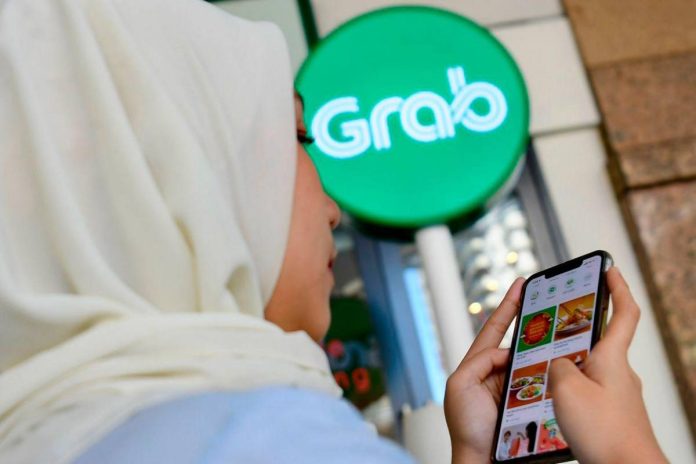KUALA LUMPUR: The government’s decision to exempt e-hailing drivers from the 300-litre monthly subsidised ceiling for RON95 petrol has been welcomed as a timely measure for the gig economy.
Grab Drivers Malaysia Association president Mohd Azril Ahmat stated that the standard monthly quota was insufficient for full-time drivers who rely on fuel for their daily income.
“On average, e-hailing drivers use between 25 and 30 litres of petrol a day,” he said.
“Based on this, the 300-litre quota only lasts about 10 days, so it’s not enough for us.”
Mohd Azril emphasised that e-hailing drivers typically require between 700 and 800 litres of petrol per month to meet their work demands.
He stressed the necessity of a strict verification mechanism to support the subsidy exemption and prevent potential abuses.
“Collaboration between the government and e-hailing companies is needed to obtain accurate data and prevent abuse, such as by those who apply for the exemption but only make one or two trips a month,” he added.
Mohd Azril noted that his association is currently discussing the best methods to ensure a more accurate and effective implementation of the subsidy.
Prime Minister Datuk Seri Anwar Ibrahim announced that the price of RON95 petrol will be reduced to RM1.99 per litre from RM2.05 under the BUDI MADANI RON95 initiative.
The Finance Ministry outlined that the BUDI95 system will open first for 300,000 military and police personnel on September 27.
B40 recipients of Sumbangan Tunai Rahmah cash aid will gain access to the system on September 28.
The subsidy will then become available from September 30 to 16 million Malaysians aged 16 and above who possess a valid MyKad and driving licence.
All eligible Malaysians will receive a monthly subsidised quota of up to 300 litres of RON95 petrol under the programme.
E-hailing drivers are exempt from this limit and may apply for a higher subsidised amount.
E-hailing driver Ahmad Kamal Mohamed Hussin said the government’s move would directly help reduce the group’s daily operating costs.
“Through this initiative, we can save on petrol expenses, giving drivers a chance to boost their income,” he said.
Ahmad Kamal added that the savings generated from the subsidy could assist with covering vehicle maintenance costs and ease the financial burden on drivers.
P-hailing rider Nurhazirah Mohd Anuar remarked that the six-sen per litre price reduction might seem small but has a significant impact.
“Refuelling alone can cost between RM600 and RM800 a month depending on distance and the number of deliveries, not including maintenance,” she said.
Nurhazirah expressed hope that the targeted subsidy would continue and be improved upon, citing the uncertain nature of gig economy income which is influenced by factors like weather and demand. – Bernama








